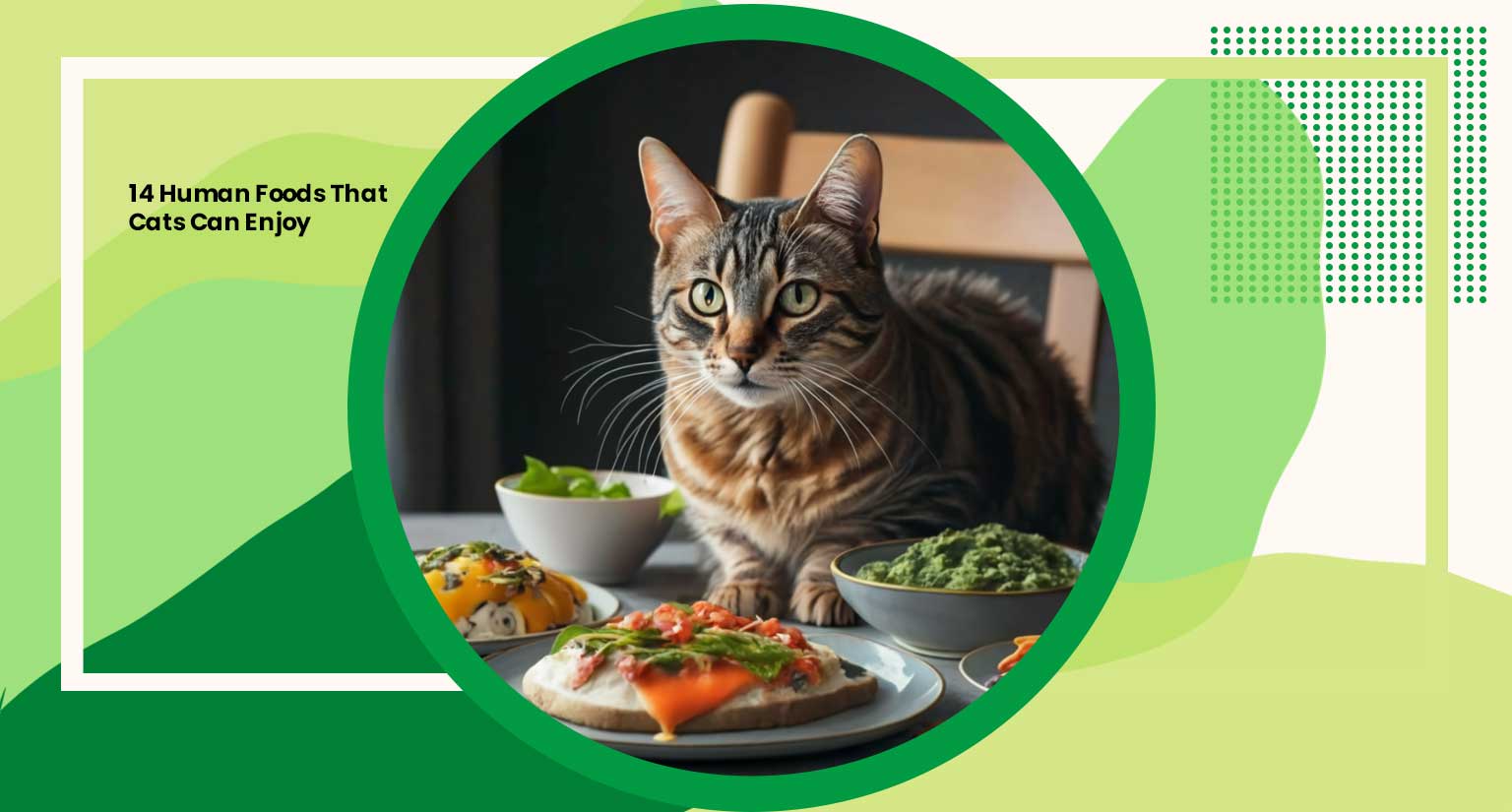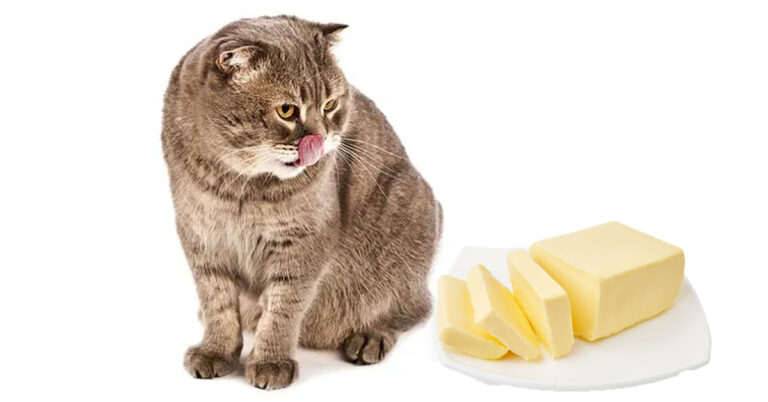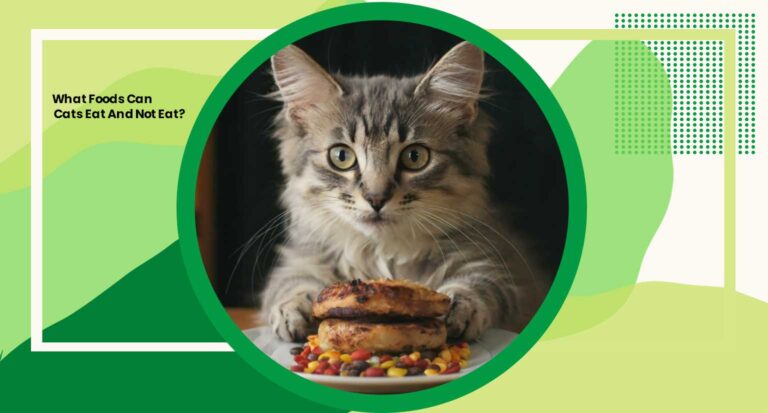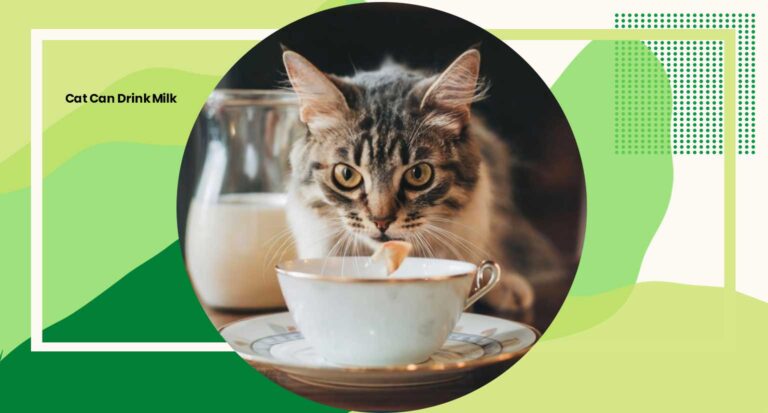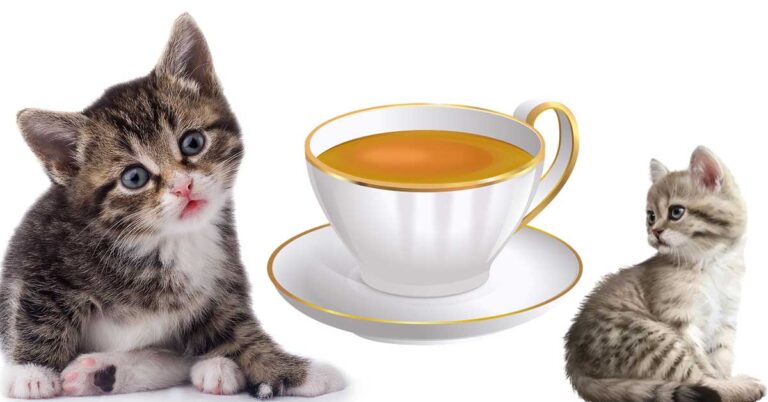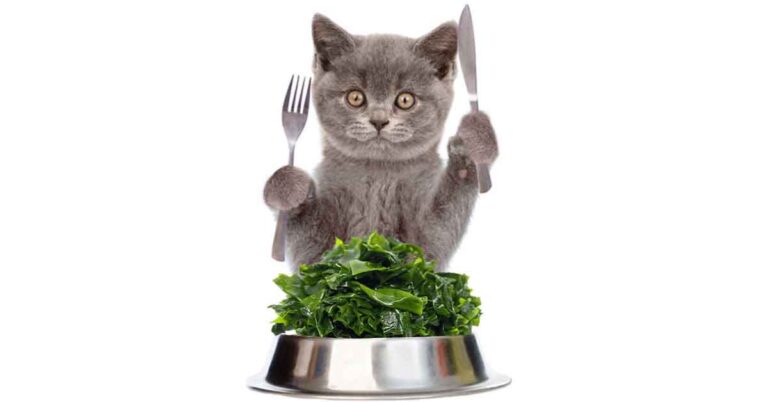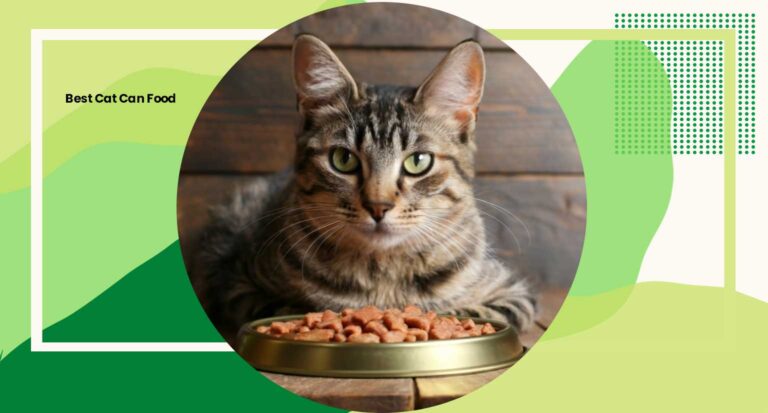14 Human Foods That Cats Can Enjoy: Unleash Your Feline’s Delight
Curiosity often leads cat owners to wonder about their pets, dietary preferences. Thankfully, many common human foods can be safely shared with our feline friends, enriching their culinary experiences. In this insightful, a curated list of 14 human foods that cats can enjoy without compromising their health or well being.
From tantalizing treats to nutritious additions, discover new ways to delight your beloved companion while ensuring their nutritional needs are met. The delightful world of cat friendly foods and nurturing your bond with your furry friend.
How To Feed Cats Human Foods?
Feeding your cat human food can be a delightful experience, but it’s essential to do so with care and consideration for their health. Follow these detailed steps to ensure your feline friend enjoys human foods safely.
Research and Consultation
Before introducing any new human foods to your cat’s diet, research extensively and consult with your veterinarian. Some human foods can be toxic to cats, so it’s crucial to know which ones are safe.
Moderation is Key
While some human foods are safe for cats, they should only be given in moderation. Treats should not exceed 10% of your cat’s daily calorie intake to maintain a balanced diet.
Introduce Foods Gradually
When introducing new human foods to your cat, do so gradually. Start with small amounts and monitor their reaction. Look out for any signs of digestive upset or allergic reactions.
Avoid Harmful Foods
Certain human foods should never be given to cats, including chocolate, onions, garlic, grapes, raisins, alcohol, caffeine and foods high in fat. These can be toxic and harmful to your cat’s health.
Choose Nutrient Rich Foods
Opt for nutrient rich human foods that provide additional health benefits to your cat. Some examples include cooked eggs (plain and unseasoned), cooked lean meats (chicken, turkey) and certain fruits and vegetables (such as cooked pumpkin or carrots).
Prepare Foods Safely
When preparing human foods for your cat, ensure they are cooked thoroughly and free from seasonings, spices and additives that could be harmful. Avoid using ingredients like salt, garlic, onion powder and other additives that can be detrimental to your cat’s health.
Monitor Your Cat’s Weight and Health
Keep a close eye on your cat’s weight and overall health when incorporating human foods into their diet. Too much human food can lead to weight gain and nutritional imbalances.
Be Mindful of Allergies
Just like humans, cats can have food allergies or sensitivities. If you notice any signs of allergic reactions, such as itching, vomiting or diarrhea, discontinue the food immediately and consult your veterinarian.
By following these detailed guidelines, you can safely incorporate human foods into your cat’s diet, enriching their culinary experiences while ensuring their health and well being remain the top priority.
14 Human Foods That Cats Can Enjoy Safely
Cats are notorious for their selective tastes, but surprisingly, many human foods can pique their interest and provide nutritional benefits. Here’s a detailed look at 14 human foods that cats can safely enjoy.
Cooked Chicken
Cooked chicken, devoid of bones and seasoning, is a protein rich option that cats often relish. It’s a source of lean protein that can supplement their diet and satisfy their carnivorous instincts.
Salmon
Rich in omega-3 fatty acids, salmon offers numerous health benefits for cats. However, ensure it’s fully cooked to eliminate any risk of parasites or bacteria.
Tuna
Tuna is a favorite among many cats, but it should be offered sparingly due to its high mercury content. Opt for tuna packed in water and consider it an occasional treat.
Turkey
Like chicken, cooked turkey is a palatable option for cats, providing essential nutrients while adding variety to their diet. Remove the skin and bones before serving.
Pumpkin
Cooked or canned plain pumpkin is a fiber rich food that can aid in digestion and alleviate constipation in cats. It’s a valuable addition to their diet, especially for those prone to gastrointestinal issues.
Carrots
Cooked carrots are a safe and nutritious snack for cats, offering vitamins, minerals and dietary fiber. Chop them into small, manageable pieces to prevent choking hazards.
Spinach
While cats are obligate carnivores, they can benefit from small amounts of cooked spinach in their diet. It’s a source of vitamins and minerals that can contribute to overall health.
Green Beans
Another vegetable option, cooked green beans, are low in calories and rich in nutrients. They make a satisfying treat for cats seeking a crunchy snack.
Blueberries
Rich in antioxidants and vitamins, blueberries can be a refreshing and healthy addition to your cat’s diet. Offer them as occasional treats or mix them into their food for added flavor.
Eggs
Cooked eggs, both the whites and yolks, are a protein packed option for cats. They provide essential amino acids and can be a welcome change from traditional cat food.
Cheese
While many cats enjoy cheese, it should be given sparingly due to its high fat content. Opt for low lactose options and offer small amounts as an occasional treat.
Plain Yogurt
Plain yogurt can be a source of probiotics for cats, promoting gut health and digestion. Ensure it contains no added sugars or artificial sweeteners.
Cantaloupe
Cats can enjoy small amounts of ripe cantaloupe as a hydrating and vitamin rich snack. Remove the seeds and rind before serving.
Watermelon
Similarly, watermelon can be a refreshing treat for cats, especially on hot days. Remove the seeds and rind and offer small, bite sized pieces. While these human foods can be enjoyed by cats in moderation, it’s essential to prioritize a balanced diet consisting primarily of high quality cat food.
Always consult with your veterinarian before introducing new foods to your cat’s diet, especially if they have any underlying health conditions or dietary restrictions. With careful consideration and moderation, you can enhance your cat’s dining experience while ensuring their nutritional needs are met.
Risks Of Giving Human Foods To Cats
While some human foods can be safe and even beneficial for cats in moderation, it’s essential to be aware of potential risks associated with sharing human foods with your feline companion. Here are five detailed risks.
Toxicity
Many human foods, including onions, garlic, chocolate, grapes, raisins, alcohol and caffeine, are toxic to cats. These substances can cause a range of adverse effects, from gastrointestinal upset and vomiting to more severe conditions such as kidney failure or neurological issues.
Even small amounts of certain toxic foods can be harmful to cats, so it’s crucial to be vigilant and avoid feeding them any potentially harmful substances.
Digestive Upset
Cats have sensitive digestive systems that may not tolerate certain human foods well. Foods high in fat, spices or additives can lead to digestive upset, including diarrhea, vomiting and abdominal discomfort. Introducing new foods too quickly or in large quantities can disrupt your cat’s gastrointestinal balance and cause discomfort or illness.
Nutritional Imbalances
While some human foods offer nutritional benefits, they may not provide the essential nutrients that cats need for optimal health. Cats are obligate carnivores, meaning they require a diet primarily composed of meat. Feeding them too many human foods, especially those lacking in essential nutrients like taurine, can lead to nutritional imbalances and deficiencies over time.
Weight Gain and Obesity
Many human foods, such as cheese, fatty meats and certain fruits, are high in calories and can contribute to weight gain and obesity in cats. Obesity in cats is associated with numerous health issues, including diabetes, arthritis and heart disease.
Feeding cats too many calorie dense human foods without proper portion control can lead to excessive weight gain and compromise their overall health and well being.
Allergic Reactions
Just like humans, cats can develop food allergies or sensitivities to certain ingredients found in human foods. Common allergens include dairy products, wheat and soy. Allergic reactions in cats can manifest as itching, skin rashes, gastrointestinal upset or respiratory symptoms.
Introducing new human foods to your cat’s diet without knowing their specific dietary sensitivities can increase the risk of allergic reactions and discomfort.
Conclusion
In conclusion, understanding the realm of human foods that cats can enjoy opens up new avenues for enriching their diets and strengthening the bond between feline companions and their owners. By exploring safe and nutritious options in moderation, cat owners can enhance their pets’ culinary experiences while prioritizing their health and well being.
However, vigilance is key to avoid potential risks associated with certain foods. Always consult with a veterinarian before introducing any new foods into your cat’s diet to ensure their safety and nutritional balance. With careful consideration and mindful feeding practices, cats can savor a diverse array of human foods while thriving in their feline lifestyles.

